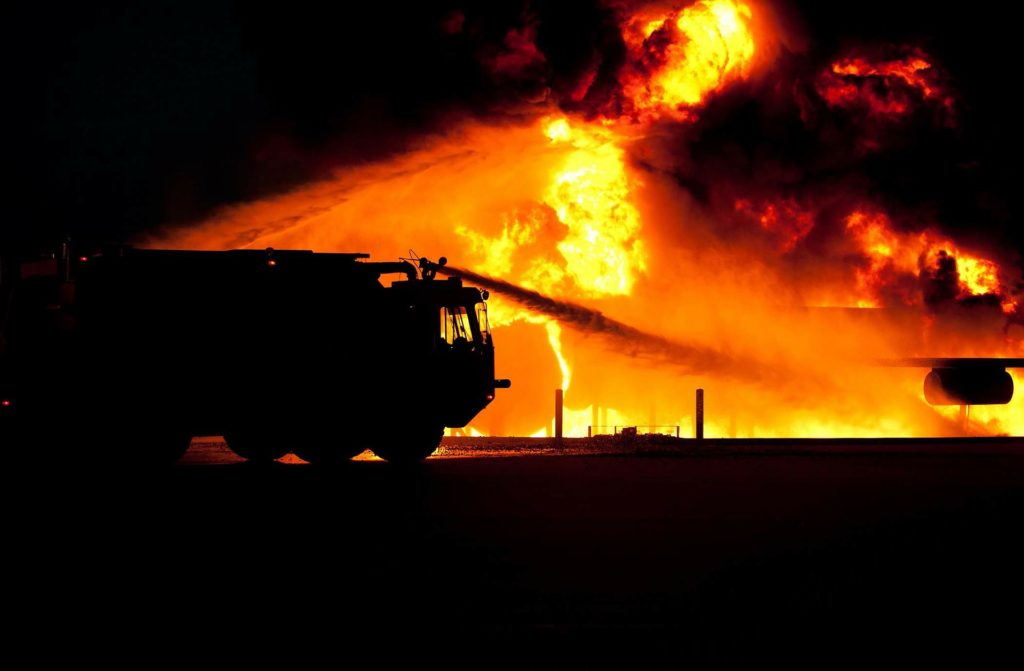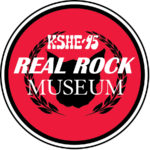
It is only in the last few weeks that the general public has learned the full extent of the music history that was destroyed in the Universal fire of 2008. We’re just now finding out that the world has been robbed of master recordings from a wide range of artists, including Louis Armstrong, Buddy Holly, Nine Inch Nails, and Eminem. “How could this have happened?!,” we ask.
Yet many radio stations house valuable collections of artist recordings that are just as vulnerable. When I was the Assistant Music Director at WBCN in Boston around the turn of the century, we had a closet full of DATs with recordings of interviews and live performances by artists like the Ramones, Aerosmith, and Linkin Park. But WBCN signed off the air in 2009 (though the call letters continued to be used for an HD radio station) and CBS, which owned WBCN, sold all of its radio stations to Entercom in 2017. I’ve often wondered what happened to that collection of recordings in the shuffle, and if anybody anywhere considers their preservation a priority.
Of course, WBCN isn’t alone. There are thousands of radio stations in the U.S., many of them with decades of heritage. How many more have closets full of historical recordings? And what is happening with all of those?
Digital technology has made it cheaper and easier than ever to preserve these types of recordings, but it takes time and effort. As the radio industry has increasingly consolidated, there’s scarce resources for archivists. Many stations are fortunate if they’re properly recording, cataloguing, and filing today’s recordings, let alone sifting through decades of past material.
 Thankfully, there are exceptions. KSHE in St. Louis, a rock station that’s barreling towards its seventh decade in existence, has built a virtual museum to showcase its heritage, and even repackaged old recordings into a new podcast called “The KSHE Tapes.”
Thankfully, there are exceptions. KSHE in St. Louis, a rock station that’s barreling towards its seventh decade in existence, has built a virtual museum to showcase its heritage, and even repackaged old recordings into a new podcast called “The KSHE Tapes.”
While there may be stations that are minding their archives, that doesn’t mean they’re not vulnerable to the same type of calamity that Universal Music suffered. Radio station recordings aren’t as precious as master tapes from an album recording session, but digital backups should still be made. To properly safeguard these materials, they need to be backed up with copies in the cloud (in case of a local disaster like a fire) and locally (in case the cloud storage fails).
As we reflect on the tragic loss of the Universal fire, we should ask ourselves if our radio stations and broadcasting companies are also at risk: Does your radio station have an archive of valuable recordings? Has that archive been backed up digitally? Do those digital archives live both on and off-site? And — most importantly — is somebody responsible for preserving the station’s history?
Let’s not just mourn the loss of the material from the Universal fire. Let’s learn from it — and take steps to prevent something similar from happening to us.
- A Simple Digital Treat to Thank Your Radio Listeners This Thanksgiving - November 13, 2023
- Interview Questions When Hiring Your Radio Station’s Next Digital Marketing Manager - November 6, 2023
- A Radio Conversation with ChatGPT: Part 2 – Promotions - October 30, 2023





Leave a Reply